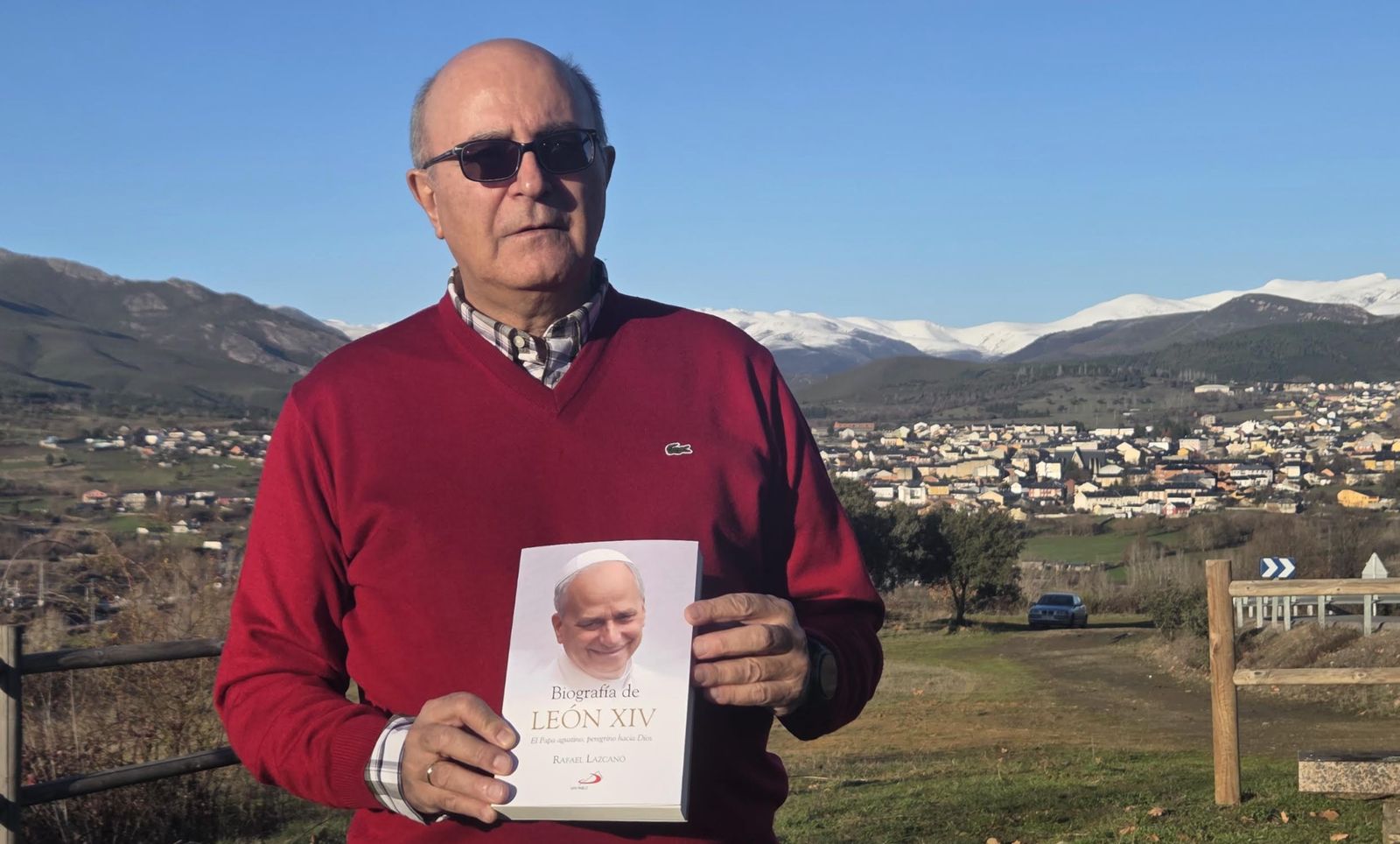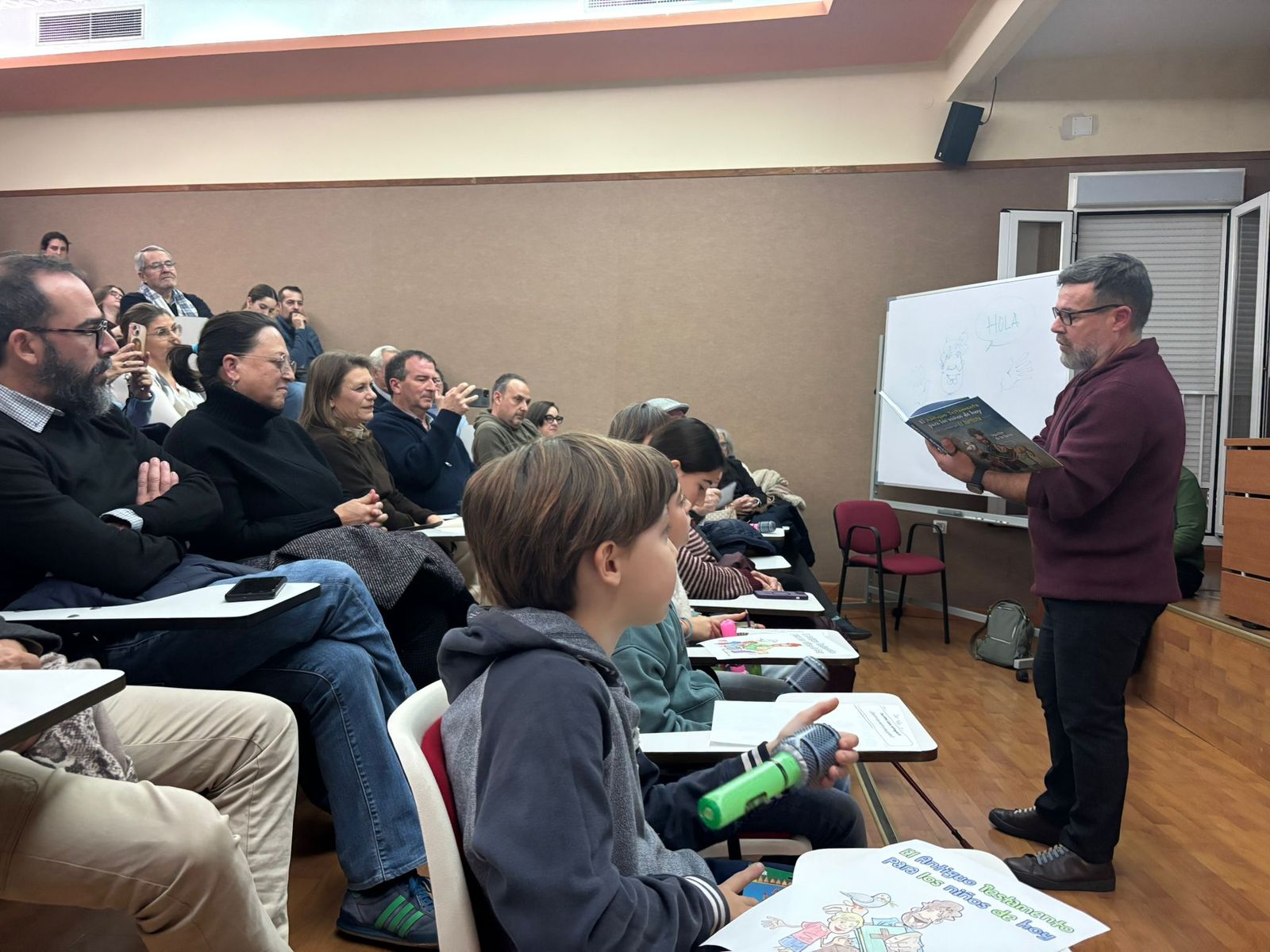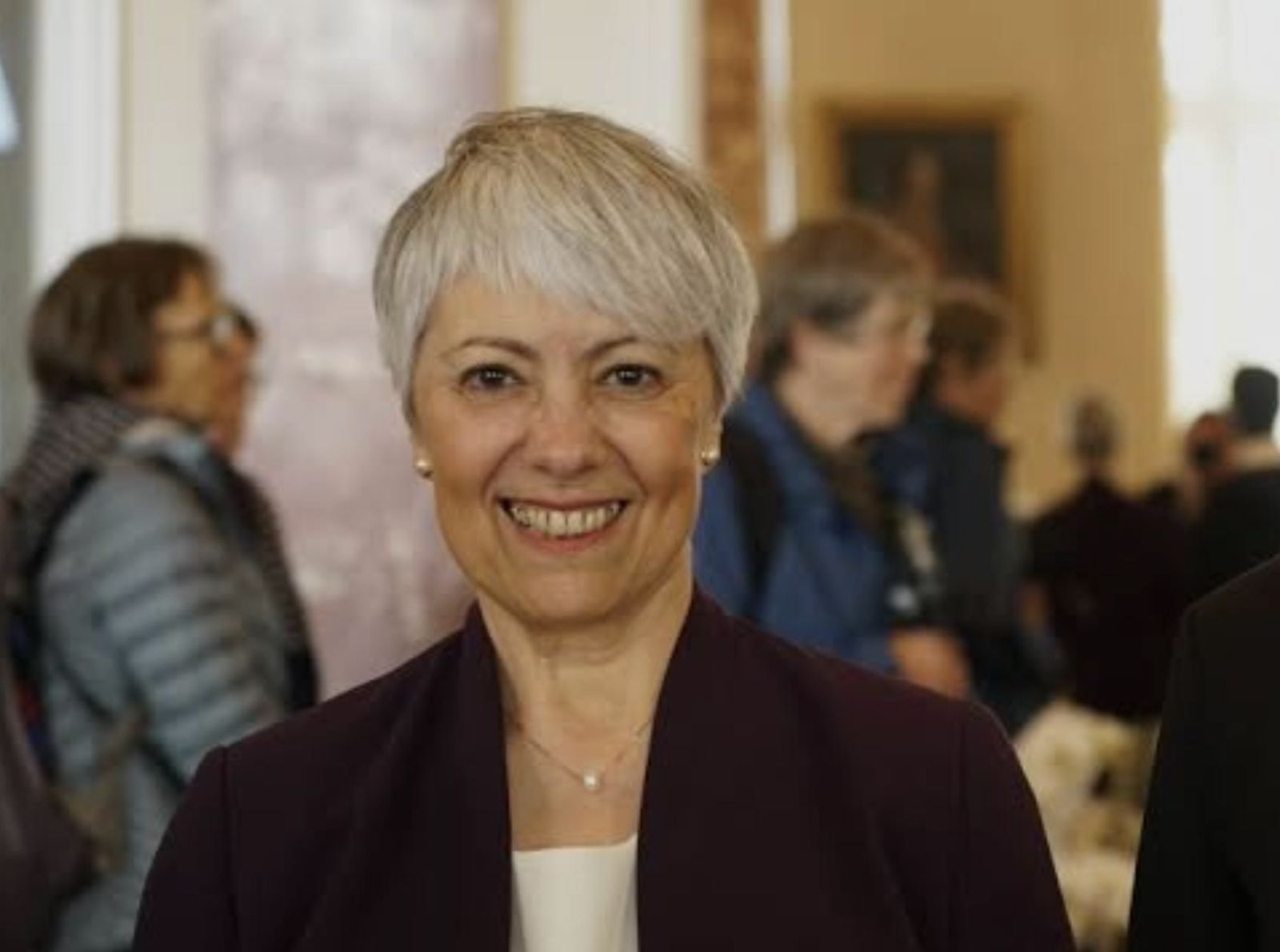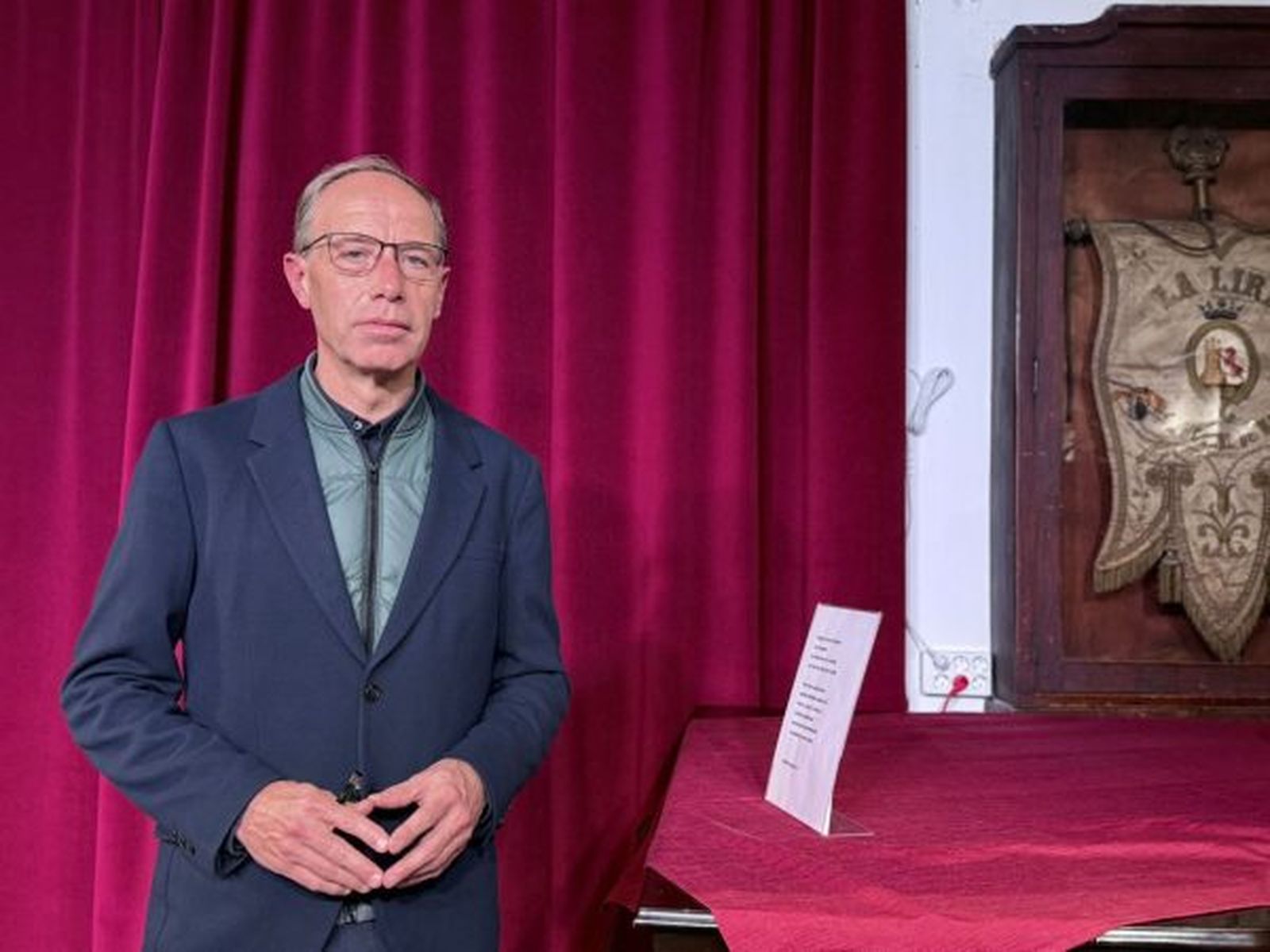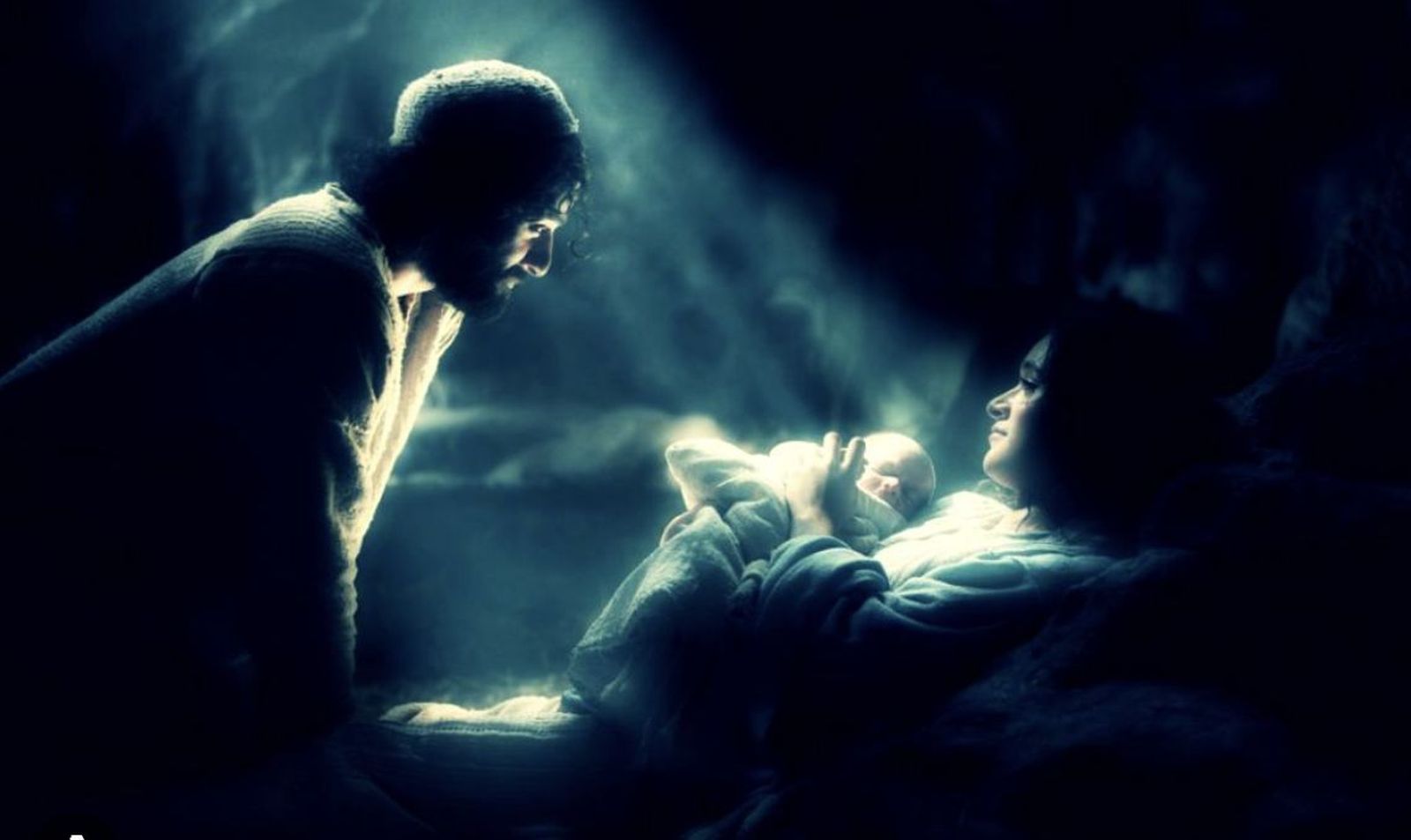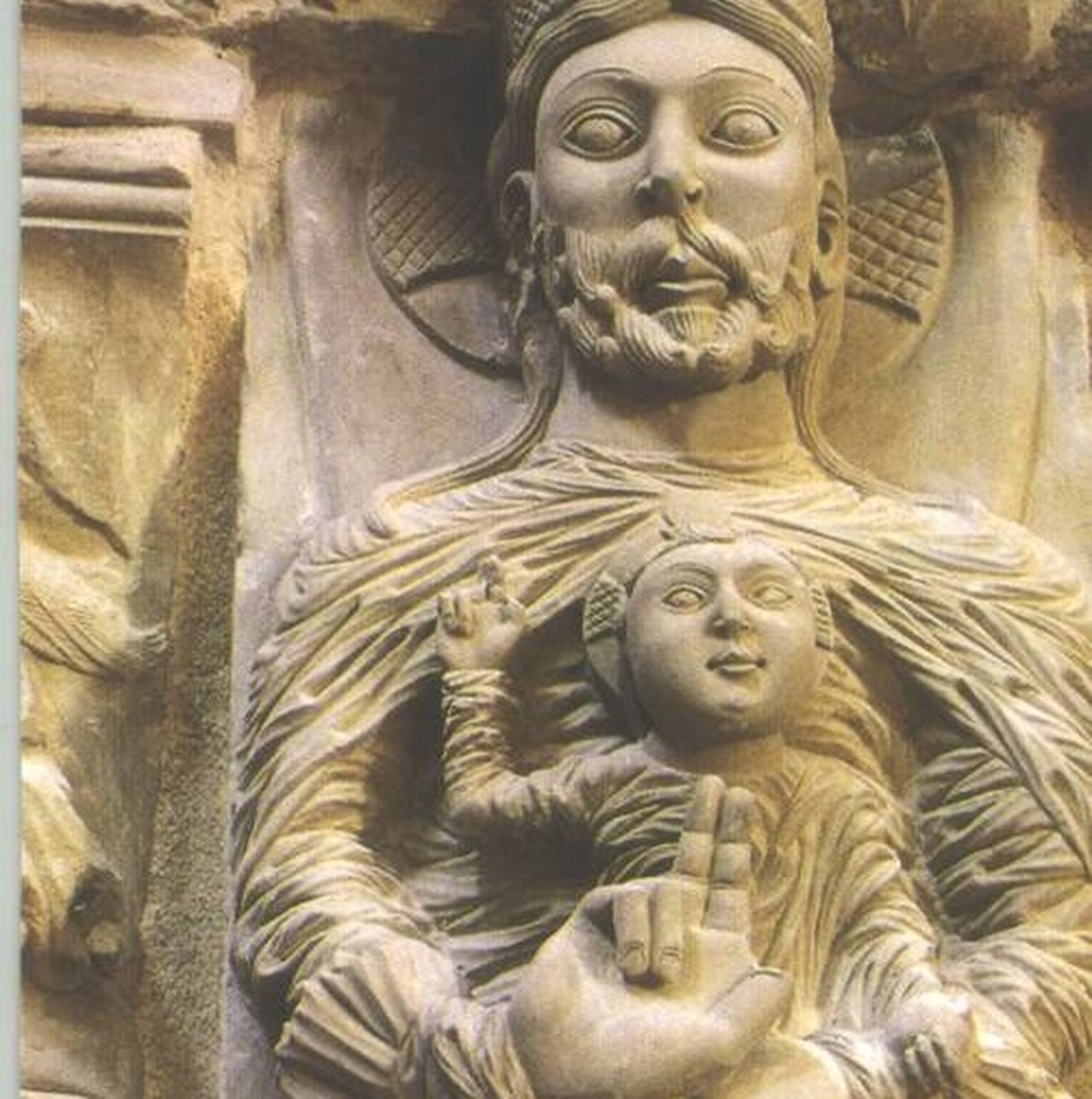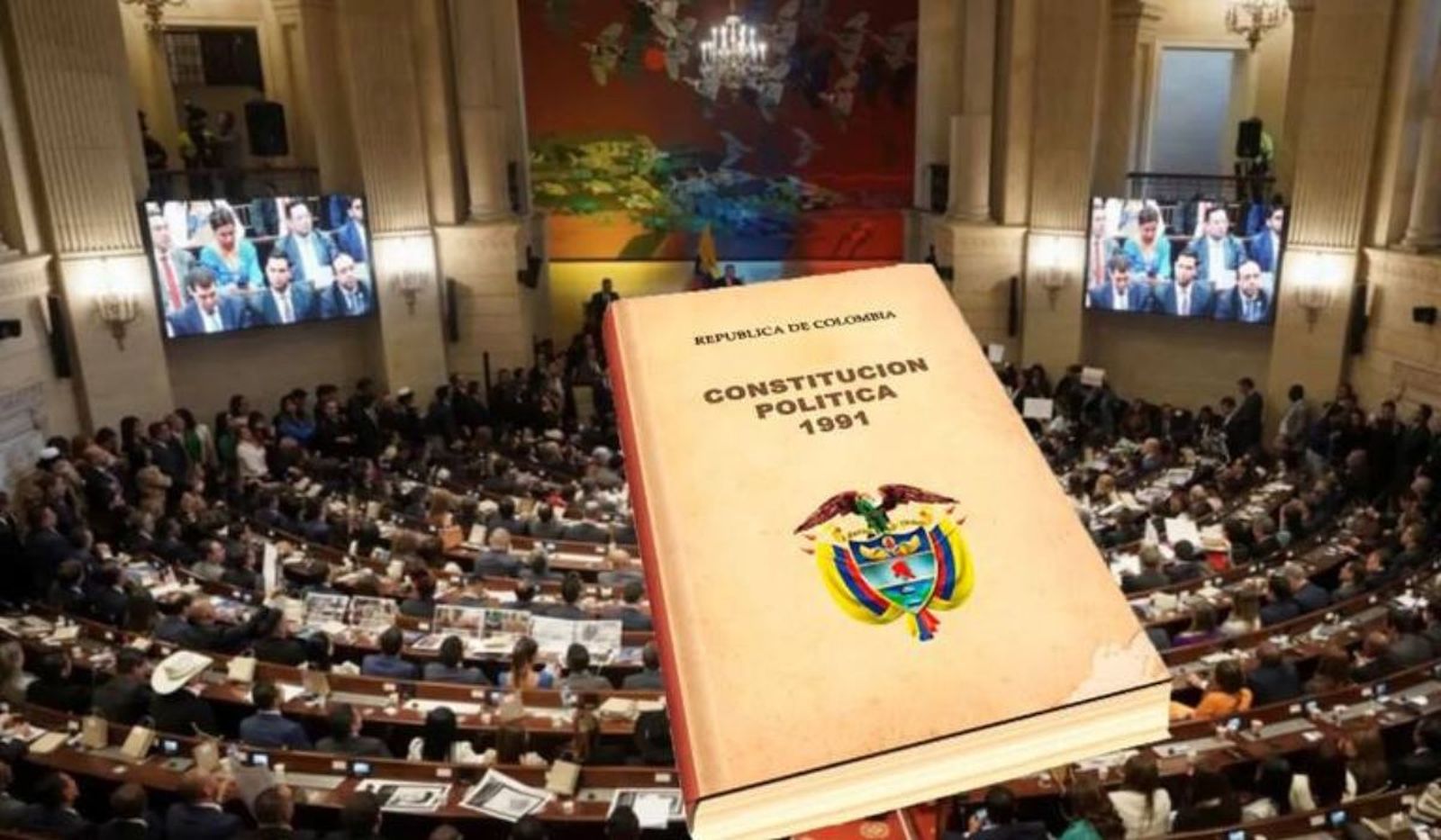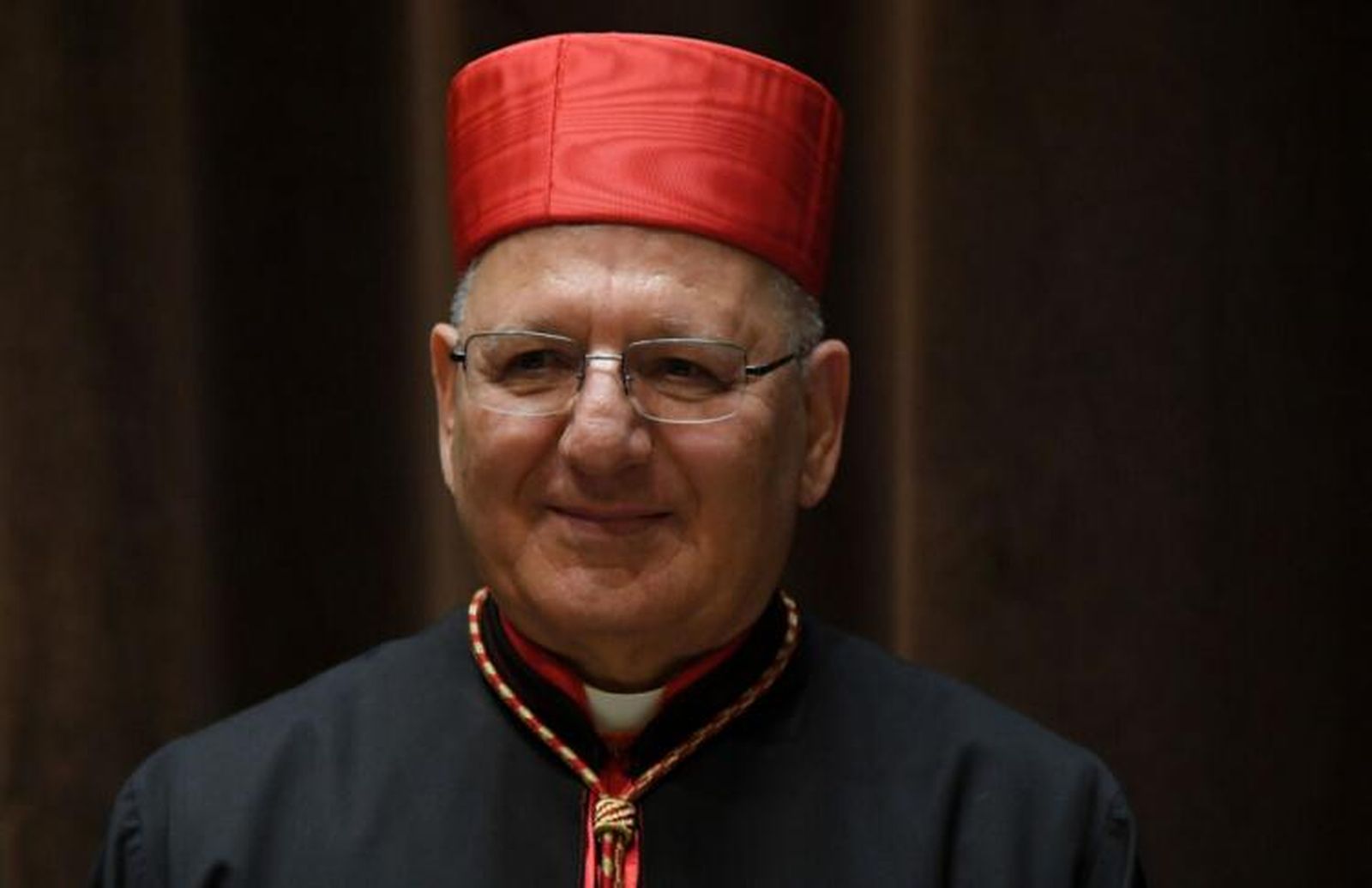James Martin, sj: "Hay cientos, miles de sacerdotes homosexuales que llevan vidas santas"
"Algunos rigoristas me atacan por miedo a la propia sexualidad complicada", sostiene el jesuita
"Tenemos que ser claros: es falso decir que los sacerdotes homosexuales no pueden vivir el celibato"
(C. Doody/J. M. Vidal).- El jesuita James Martin acaba de publicar en España su libro 'Tender un puente' (GC Loyola). Una invitación a la Iglesia a tratar a las personas LGBT "no como leprosos", como ha venido haciendo, "sino como hijos amados de Dios". En esta entrevista, el religioso también tacha de "falso" el relato de que los curas gays no puedan vivir vidas célibes o que sean la raíz de la crisis de los abusos de menores en la Iglesia.
¿Qué pretende con su libro?
Espero que 'Tender un puente' ayude a iniciar una conversación en la Iglesia sobre cómo podemos tratar a nuestros hermanos y hermanas LGBT no como leprosos, tal y como la Iglesia ha hecho en el pasado, sino como hijos amados de Dios. El Catecismo es el que mejor lo expresa: estamos invitados a aceptarlos con "respeto, compasión y sensibilidad".
¿Le agrada o le molesta haberse convertido en icono de la lucha de los derechos LGTBI en el seno de la Iglesia?
Bueno, no me considero así. Más bien, me veo a mí mismo como un jesuita que está haciendo lo que los jesuitas siempre han hecho, y que todos los Papas recientes les han pedido que hagan: acompañar a las personas que están en los márgenes, o en las "periferias", como dijo el Papa Francisco. Y no hay nadie en la Iglesia católica más marginado que las personas LGBT.
¿Le duele que los rigoristas le ataquen tan duramente?
Sólo unos pocos me han atacado abiertamente. Muchos más han estado abiertos a la discusión, después de haber leído el libro o haber escuchado una de mis conferencias. De hecho, muchos de los ataques provienen de personas que no han leído el libro.
Pero la mayor parte de estos ataques provienen de sitios web supuestamente católicos que provocan odio y homofobia, cuando deberían promover el amor y el respeto. También es importante decir que 'Tender un puente' cuenta con la aprobación oficial de mis superiores jesuitas, que ha sido respaldado por muchos cardenales, arzobispos y obispos, que se basa en los Evangelios y que no contradice en absoluto la doctrina de la Iglesia.
Así que los ataques a veces son desconcertantes. En general, el vilipendio personal y los ataques injustos solían molestarme, pero ahora ya no lo consiguen. Porque, ¿qué tipo de jesuita sería, si permitiera que algunas personas odiosas y homofóbicas online me impidieran amar a los marginados?
¿Hay homofobia en la Iglesia? ¿Más o menos que en las demás instituciones?
Lamentablemente, hay mucha. La mayor parte proviene del miedo: el miedo a las personas que son diferentes, el miedo a escuchar algo nuevo y, a menudo, el miedo a la propia sexualidad complicada.
Probablemente hay más homofobia en la Iglesia católica que otras instituciones porque algunos católicos sienten, erróneamente, que su religión lo justifica. Pero el odio nunca es justificado por el cristianismo. De hecho, Jesús amaba sobre todo a los más marginados.
Pero ese odio está disminuyendo a medida que cada vez más personas se sinceran respeto a su sexualidad. Y a medida que cada vez más personas se abren o "salen" del armario, la gente empieza a reconocerlos como sus hermanos y hermanas, tías y tíos, sobrinas y sobrinos, y amigos y compañeros de trabajo. El encuentro disminuye el miedo.
¿Le parece justa la ley vaticana que prohibe la entrada en los seminarios de jóvenes con "arraigadas tendencias homosexuales"?
El Vaticano dice que los hombres con "tendencias homosexuales profundamente arraigadas" no deben ingresar en el seminario. Pero los obispos han interpretado esto de tres maneras. Primero, ningún hombre gay debería entrar. Segundo, ningún hombre para quien su sexualidad sea la parte más importante de su personalidad debe ingresar. En tercer lugar, ningún hombre gay que no pueda vivir el celibato debe entrar. Todo lo que puedo decir es que conozco a muchos sacerdotes homosexuales que llevan vidas santas en la Iglesia.
¿Los sacerdotes y obispos homosexuales que hay en la Iglesia (al parecer, muchos) son capaces de cumplir con sus obligaciones de mantener el celibato?
Sí, ¿por qué no lo serían? Ser gay no significa que tengas que ser sexualmente activo. Tenemos que ser claros: es simplemente falso decir que los sacerdotes homosexuales no pueden vivir el celibato. La mejor prueba de ello es el hecho de que hay cientos, si no miles, de sacerdotes gays célibes y miembros castos de órdenes religiosas que llevan vidas entregadas y de servicio a Dios y a la Iglesia.
¿Qué le parece la aseveración de que la homosexualidad es la causa principal del abuso sexual de menores en la Iglesia?
Tenemos que decir que la mayoría de los casos son hombres que se aprovechan de niños y jóvenes varones. Pero esto no significa que todos los sacerdotes gays, o incluso la mayoría, sean abusadores. Es un argumento falso. Solo porque lo sean algunos no significa que todos o la mayoría lo sean. Además, la mayoría de los abusos sexuales ocurre en las familias, y nadie dice que todos los hombres heterosexuales, todos los padres o todos los hombres casados son abusadores. Una vez más, es un estereotipo peligroso que hay que cuestionar.
¿Es verdad que una parte importante de la jerarquía de la Iglesia estadounidense no comulga con el Papa Francisco y está esperando que su pontificado pase como una tormenta de verano?
Es cierto que cierta parte de la jerarquía de los Estados Unidos no favorece las políticas del Papa Francisco. Y a veces me sorprende lo estridente que son algunos de estos obispos. La ironía es que algunos de estos mismos obispos que, durante los pontificados de Juan Pablo y Benedicto, dijeron que nunca se podría estar en desacuerdo con un Papa, ahora estén en desacuerdo constantemente. Es una triste ironía.
What do you hope to achieve with your book?
I hope that Tender un puente helps to open a conversation in the church about how we can treat our LGBT brothers and sisters not like lepers, which the church has in the past, but as beloved children of God. The Catechism says it best: we are invited to accept them with "respect, compassion and sensitivity."
How does having become an icon in the struggle for LGBT rights in the Church sit with you?
Well, I don't think of myself as that. Instead I see myself as a Jesuit who is doing what Jesuits have always done, and have been asked to do by all the recent popes--to stand with people who are on the margins, or the "peripheries," as Pope Francis said. And there is no one in the Catholic church more marginalized than the LGBT person.
Does it hurt that conservative Catholics attack you so harshly?
Only a few have attacked me outright. Many more have been open to the discussion after they've read the book or heard one of my lectures. In fact, many of the attacks have come from people who haven't read the book. But the greatest share of these attacks come from supposedly Catholic websites that stir up hatred and homophobia when they should be promoting love and respect. It's also important to say that Tender un puente has the official approval of my Jesuit superiors, has been endorsed by many cardinals, archbishops and bishops, is built on the Gospels and and contradicts no church teaching at all. So the attacks are sometimes mystifying. Overall, the personal vilification and unfair attacks used to bother me, but now they don't. And what kind of Jesuit would I be if I let a few hateful and homophobic people online stop me from loving those on the margins?
Is there homophobia in the Catholic Church? More or less than in other institutions?
Sadly, there is a great deal. Most of it comes from fear: fear of people who are different, fear of listening to something new, and often fear of their own complicated sexuality. There is probably more homophobia in the Catholic church than other institutions because some Catholics feel--wrongly--that it is justified by their religion. But hatred is never justified by Christianity. In fact, Jesus seemed to love those on the margins most of all. But that hatred is lessening as more and more people are open about their sexuality. And as more and more people are open or "out," people come to know them as their brothers and sisters, aunts and uncles, nieces and nephews, and friends and coworkers. Encounter lessens fear.
Is it just that the Vatican should bar young men with homosexual tendencies from entering seminary?
The Vatican says that men with "deep-seated homosexual tendencies" shouldn't enter seminaries. But bishops have interpreted this in three ways: First, no gay man should enter. Second, no man for whom his sexuality is the most important part of her personality should enter. Third, no gay man who cannot live celibately should enter. All I can say is that I know many gay priests who lead holy lives in the church.
Are gay priests and bishops (seemingly legion) able to maintain their vow of celibacy?
Yes, why wouldn't they be? Being gay doesn't mean that you have to be sexually active. We have to be clear: it's simply false to say that gay priests can't live celibately. The best proof of this is the fact that there are hundreds, if not thousands, of celibate gay priests and chaste members of religious orders leading dedicated lives of service to God and to the church.
What do you make of the assertion that homosexuality is the principal cause of child sex abuse in the Church?
We have to say that the majority of cases were men preying on boys and young men. But this does not mean that all gays priests, or even most gay priests, are abusers. It's a false argument. Just because some are does not mean that all or most are. Besides, most sexual abuse happens in families, and no one says that all straight men, or all fathers, or all married men are abusers. Again, it's a dangerous stereotype that needs to be challenged.
Is it true that a good part of the hierarchy in the US Church doesn't support Pope Francis and is waiting, so to speak, for the storm to pass?
It is true that a certain part of the US hierarchy does not favor Pope Francis's policies. And sometimes it shocks me how vocal some of these bishops are. The irony is that some of these same bishops who, during the pontificates of John Paul and Benedict, said that you could never disagree with a pope, are now disagreeing constantly. It's a sad irony.
